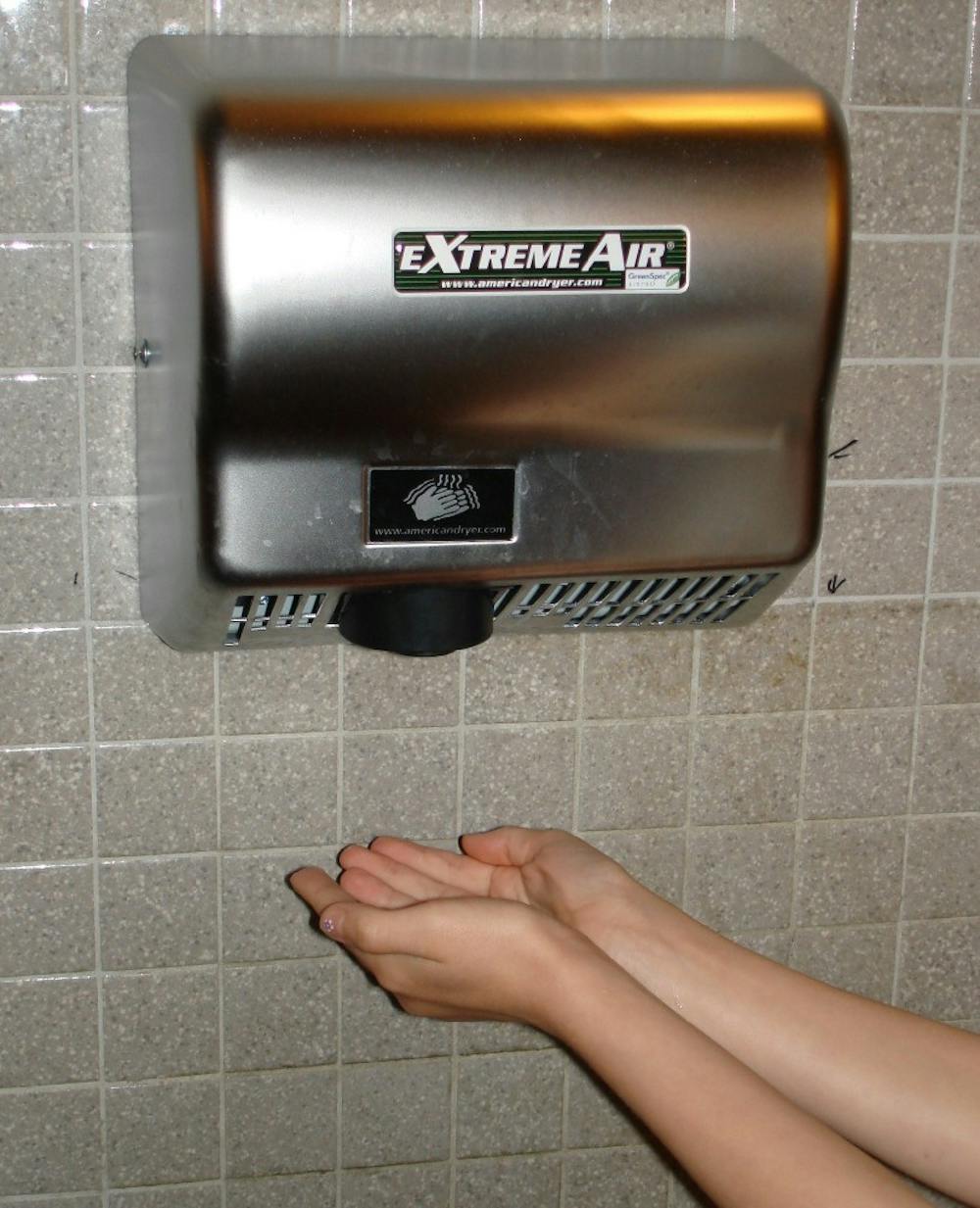In today’s age of health fads and an increasing obsession with cleanliness, people have naturally evolved a public fixation on organic goods and detox juices. However, this trend has also provoked further awareness of the dirtiness of everyday appliances and objects.
Kitchen sponges, cell phones, supermarket carts, shoelaces, car keys and keyboards are just some of the culprits responsible for hosting a variety of bacteria. But there may still be some unexpected results in how dirty or contaminated certain things are, especially when the purpose of those things is to boost an individual’s hygiene.
Nichole Ward, a student from California, followed a set of simple directions from her microbiology class to select a location, open a sterile petri dish for three minutes and observe the growth of the plate over a period of two days.
Given the fact that microbes are present in the air of any non-sterile room, none of the students’ plates were expected to come back clean, but the growth of Ward’s plate far outweighed any of her classmates’.
You might be asking, where in the world had Ward collected her sample? Well, she collected her plate in one of the most highly visited places — a women’s restroom — and from one of the most highly used devices — a Dyson Airblade hand dryer.
Ward took to the popular social platform of Facebook to publicize her results.
In her post she uploaded a picture of the moldy petri dish covered with several strains of pathogenic fungi and bacteria and warned her readers to never dry their hands in an enclosed hand dryer of a public bathroom again.
The responses to Ward’s discovery were mixed, with some audiences swearing off hand dryers and others accusing Ward of “unscientific fearmongering.”
The discovery of the abundance of growth was not supplemented by further experimentation, so it is not possible to determine the nature of the microorganisms.
Dyson, the company that manufactured the hand dryer that Ward claimed to have collected her sample from, explained that the bacteria may have come from filters in the machines.
“All Dyson Airblade hand dryers have HEPA filters that capture particles as small as bacteria from the washroom air before it leaves the machine,” the company said in a press release.
Additionally, Dyson stated that their machines are trusted and used globally.
“[The hand dryers] are proven hygienic by university research and are trusted by hospitals, food manufacturers and businesses worldwide,” the company said.
Needless to say, the manufacturer disagreed with Ward’s results.
The overarching question of whether hand dryers spread pathogens is a continuous topic of debate.
Charles P. Gerba, a microbiologist at the University of Arizona, summarized the conflicting views in an interview with the New York Times.
“The hot air will kill the bacteria on the hands, but some studies have found they will also deposit bacteria in the restroom on your hands — i.e., from the air,” Gerba said.
Indeed, a variety of past studies display truly variable results. Some concluded that jet air dryers spread as much as 1,300 times more viral particles than paper towels do and that standard hand dryers spread as much as 60 times more. On the other hand, others concluded that jet air dryers were better than standard hand dryers.
These studies do not provide concrete answers. In fact, depending on the source of funding, the results seem swayed in favor of the financer.
One of the only independent studies on the topic was conducted by the Mayo Clinic in 2000. In the study, researchers concluded that there was lack of a significant difference between the hygiene stats of hand dryers and paper towels. Perhaps the point of this debate is to show that an advancement in technology is not always better.





